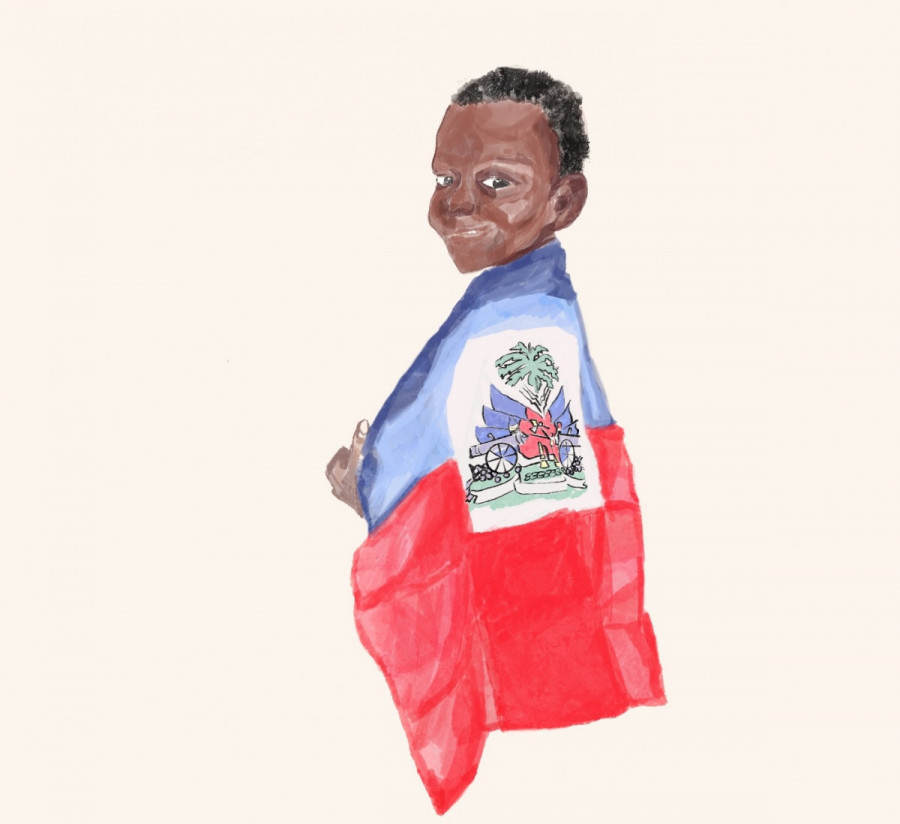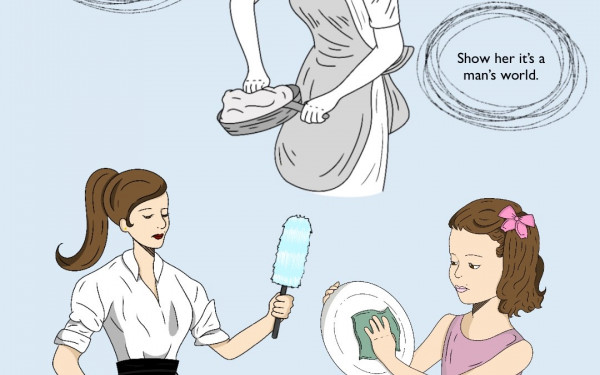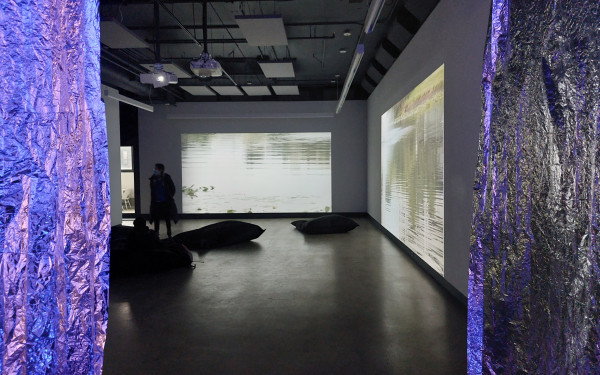The Haitian hate train
The United States’ role in Haitian racism
When did it become so popular to hate Haitians? Or, more pointedly, when will the Haitian hate train finally come to a halt?
The stigma against Haitians has persisted for centuries. In the ‘70s, Haitians immigrated in great numbers to the U.S. as they escaped the François Duvalier dictatorship. The stigma stems from pure xenophobia and racism. The discrimination was so harsh at times that in October 1984, high school student Phede Eugene killed himself, ashamed of his Haitian heritage. Others believe the stigma lies in Haiti's history with voodoo, whereas some have even gone as far as to label Haiti as the worst nation in the Caribbean because of its poverty rates.
However, Haiti is a trendsetter in freedom, rebellion and independence. Ever since becoming the world’s first free Black republic in 1804, the country has endured numerous challenges, ranging from corrupt governments to the crippling burden of paying reparation debts to the U.S. and France. The financial debt was thrusted upon Haiti's former slaves to liberate themselves, taking over a century to settle.
Throughout this tumultuous journey, our neighbour, the U.S., has often played a key role in fuelling the hardships Haiti faces while also contributing to the scorn of the nation and its people.
The economic deprivation and social instability Haitians face both in Haiti and within the U.S. have been exacerbated by a long history of U.S. intervention. For instance, during the 1915-1934 American military occupation of Haiti, the U.S. not only controlled Haiti’s finances but also imposed forced labour on its citizens and dismantled the country’s legislative body. Moreover, economic policies pushed by the U.S., such as the import of American rice contaminated with heavy metals, devastated local agriculture, undermining a vital aspect of Haitian life.
Throughout the Cold War, the U.S. prioritized anti-communism over human rights. Its government supported the brutal Duvalier dictatorship in Haiti despite their widespread political repression, corruption and human rights abuses. This support helped the Duvaliers maintain authoritarian rule, undermining Haiti's democratic development, worsening poverty, and contributing to long-term political instability. By backing these regimes, the U.S. facilitated the exploitation of the Haitian people, leaving a legacy of suffering and deepening the country's struggles with inequality and weak governance.
Additionally, U.S. interference in Haiti’s democratic processes, including the backing of the 1991 coup against President Jean-Bertrand Aristide, further destabilized the nation.
According to The Guardian, thousands of Haitian migrants also faced deportation under harsh immigration policies, and Haitians often criticized the post-2010 earthquake aid as a tool that benefitted foreign contractors rather than local recovery efforts. With all of this in mind, it is clear that the U.S. has consistently exploited Haiti’s resources while neglecting to provide meaningful assistance to its people, prioritizing its own strategic interests over genuine support.
But, it gets worse. U.S. actions are fuelling the gang violence plaguing Haiti today. Indeed, under the guise of government aid and military training programs, the U.S. has supplied a large number of arms to Haiti. These weapons often end up in the hands of corrupt officials or gangs, escalating the violence Haitians face daily. On top of that, in recent years, illegal arms trafficking has flooded Haiti with firearms from the U.S., further intensifying gang activity.
As if this wasn’t enough, Haitians who immigrate to the U.S. encounter a different kind of violence—racial discrimination. Stemming from historical stereotypes and immigration biases, Haitians have long been the target of racism. In the 1980s and 1990s during the HIV/AIDS epidemic, the Centers for Disease Control and Prevention (CDC) wrongly classified Haitians as a high-risk group, alongside gay men and intravenous drug users.
This baseless association led to widespread stigma and exclusion from jobs and schools, deepening socio-economic hardships. Even after being removed from the CDC’s list in 1990, the psychological and social damage persisted, leaving lasting scars on the Haitian community.
Haitian immigrants continue to face discrimination in the U.S. through negative stereotypes associating Haitians with disease, poverty and crime which only amplify the hostility that many face. The legacy of colonialism and slavery has fostered deep-rooted biases, leading to the scapegoating of Haitians during times of economic or social stress. Plus, politicians and media narratives often portray them as criminals or burdens, ignoring the systemic issues that force many to flee their homeland.
Former president Donald Trump made headlines following the last presidential debate for claiming that Haitian immigrants in Springfield, Ohio, were eating pets—more specifically cats and dogs. These baseless allegations have been discredited by local authorities, but the community is still understandably outraged.
As a Haitian-Canadian, I am disgusted by how badly my people are being treated.
The U.S. seems to suffer from a significant entitlement issue. Those in power, particularly native-born citizens, seem to think they can tarnish Haiti's reputation through careless words and actions while their government simultaneously rejects the very immigrants who seek refuge and opportunity.
This dynamic highlights the hypocrisy of a system that thrives on the labour and contributions of immigrants, while simultaneously vilifying them for seeking a better life. The narrative needs to change; we must recognize the interconnectedness of our actions and their consequences on global communities.
Because, really, what have Haitians done to warrant such contempt, especially from the U.S.?
Many countries would be significantly better off today if the U.S. and Europe had not intervened in matters that did not concern them. These so-called "First World" countries often recognize potential threats to their dominance and take measures to undermine other nations, perpetuating cycles of instability and underdevelopment. This aggressive interventionist stance has not only disrupted the sovereignty of other nations, but it has also contributed to a global imbalance that continues to favour the interests of wealthier countries over the needs of others.
While hating and mistreating a nation is wrong, I can understand why some in the U.S. might view Haiti with disdain; Haiti's rich history and culture represent a profound challenge to the narrative of Western superiority. The fact that Haiti was the first independent Black republic and is a beacon of resilience can provoke insecurity in those who wish to maintain their own cultural and political hegemony.
Haiti possesses a wealth that transcends material measures—its history, culture and bravery are invaluable. Yet, this wealth has been undermined, both by internal struggles and external exploitation, leaving Haitians with a permanent target on their backs. The time has come to dismantle the stereotypes and misconceptions that fuel the Haitian hate train, and to recognize the contributions and struggles of a nation that has fought valiantly for its freedom and dignity.
This article originally appeared in Volume 45, Issue 3, published October 1, 2024.






_600_375_90_s_c1.jpg)
